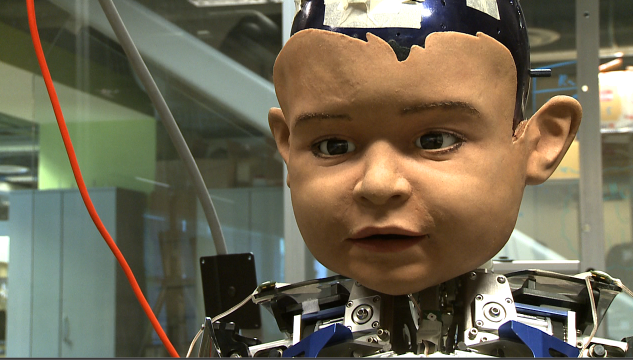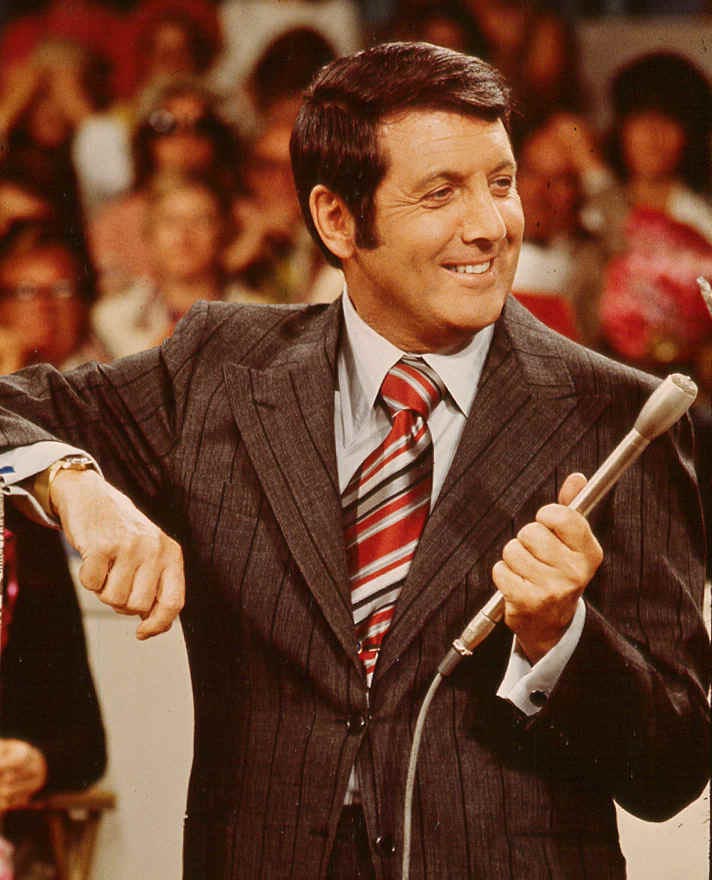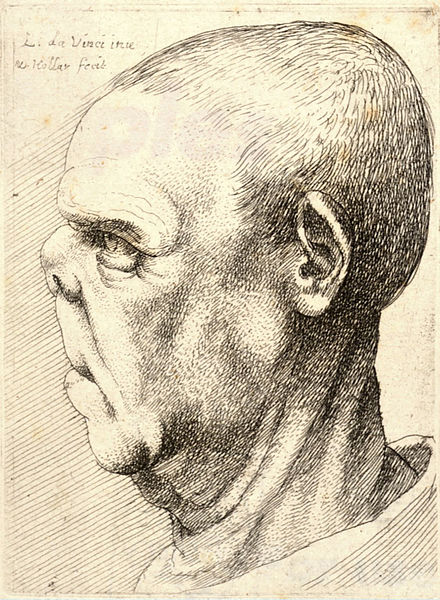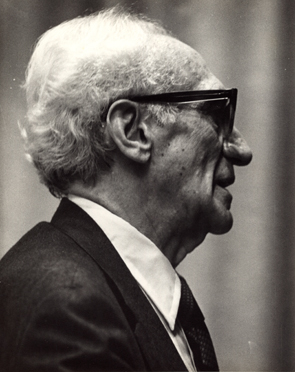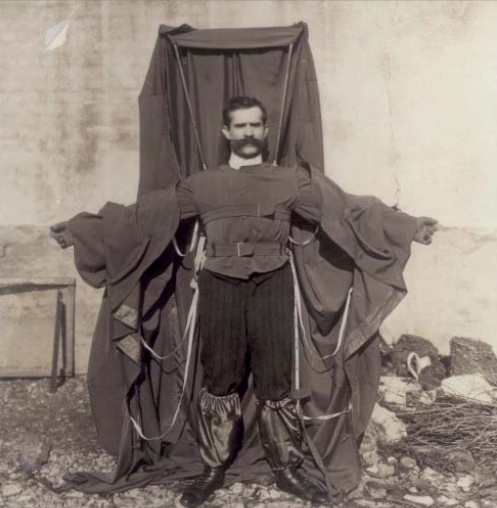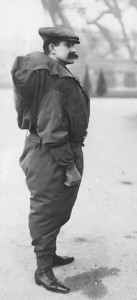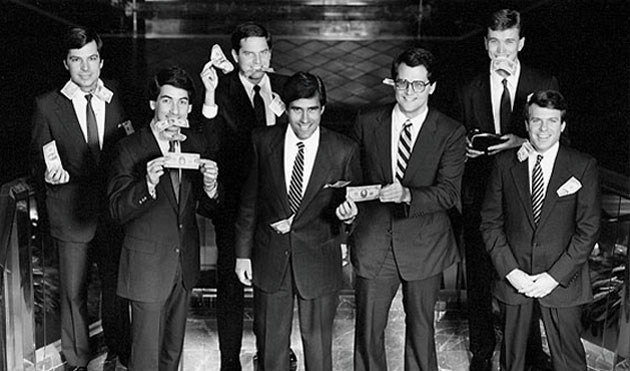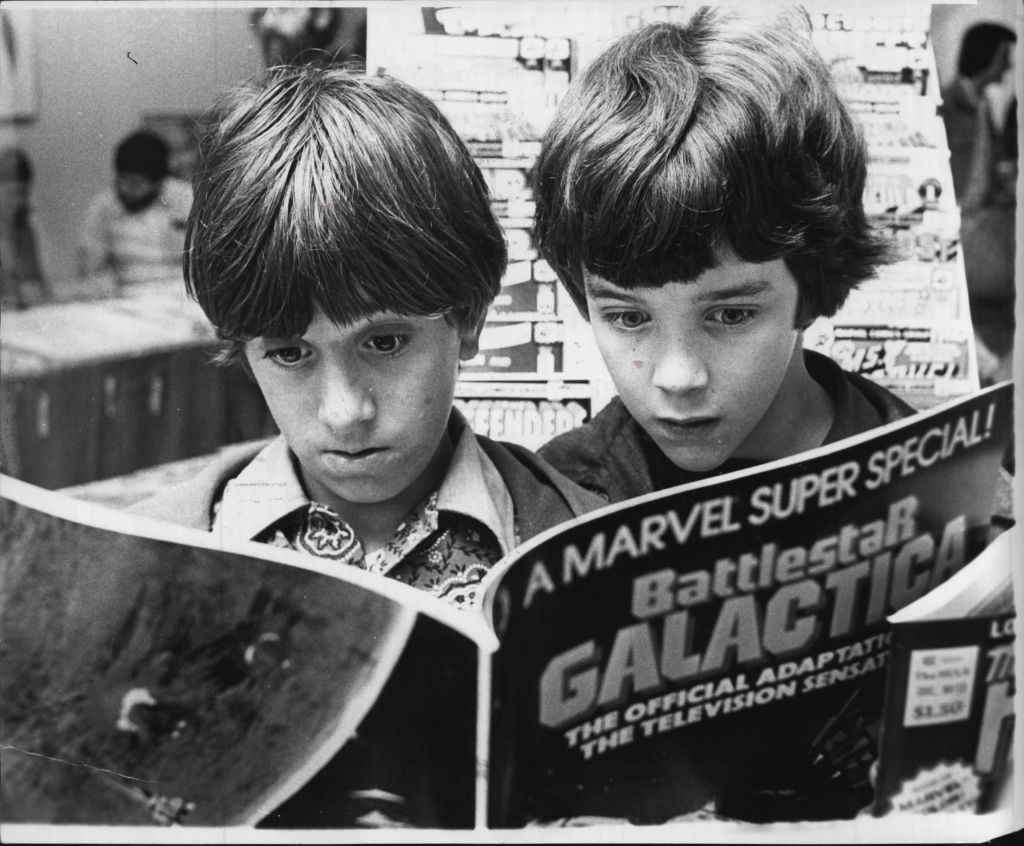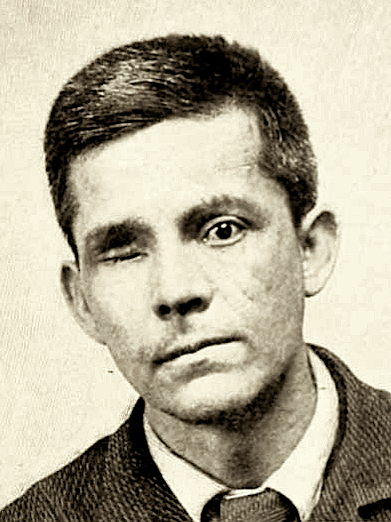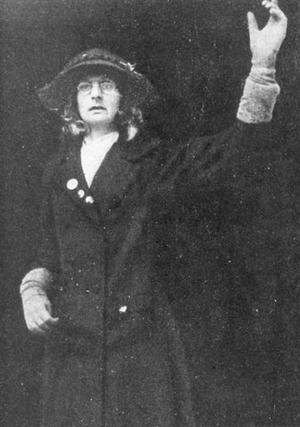First you fall in love and then you get married. These rules of courtship apply also to robots. If they are made to sound like us and move like us, bots are more likely to be accepted by people. Of course, we don’t treat other humans so well, either, so perhaps silicone should shudder at our embrace. From “How Robots Can Trick You Into Loving Them,” Maggie Koerth-Baker’s New York Times Magazine piece about the beginnings of a modern romance:
“In the future, more robots will occupy that strange gray zone: doing not only jobs that humans can do but also jobs that require social grace. In the last decade, an interdisciplinary field of research called Human-Robot Interaction has arisen to study the factors that make robots work well with humans, and how humans view their robotic counterparts.
H.R.I. researchers have discovered some rather surprising things: a robot’s behavior can have a bigger impact on its relationship with humans than its design; many of the rules that govern human relationships apply equally well to human-robot relations; and people will read emotions and motivations into a robot’s behavior that far exceed the robot’s capabilities. As we employ those lessons to build robots that can be better caretakers, maids and emergency responders, we risk further blurring the (once unnecessary) line between tools and beings.
Provided with the right behavioral cues, humans will form relationships with just about anything — regardless of what it looks like. Even a stick can trigger our social promiscuity. In 2011, Ehud Sharlin, a computer scientist at the University of Calgary, ran an observational experiment to test this impulse to connect. His subjects sat alone in a room with a very simple ‘robot’: a long, balsa-wood rectangle attached to some gears, controlled by a joystick-wielding human who, hidden from view, ran it through a series of predetermined movements. Sharlin wanted to find out how much agency humans would attribute to a stick.
Some subjects tried to fight the stick, or talk it out of wanting to fight them. One woman panicked, complaining that the stick wouldn’t stop pointing at her. Some tried to dance with it. The study found that a vast majority assumed the stick had its own goals and internal thought processes. They described the stick as bowing in greeting, searching for hidden items, even purring like a contented cat.”•
Milgram meets metal:

